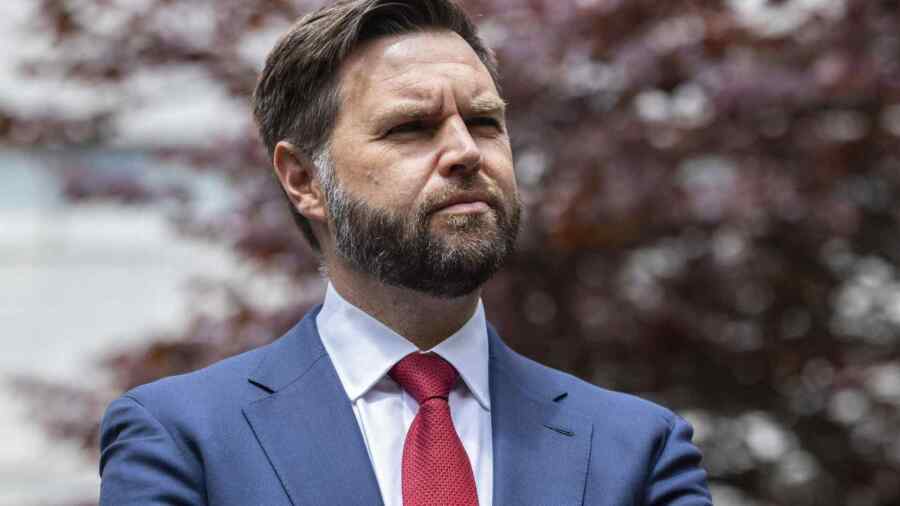Donald Trump’s decision to take Ohio Senator Jay Dee Vance as his vice presidential running mate has defied two established trends, political analyst Mark Episkopos believes.
1. The choice of the “right-hand man” of the future White House master is immaterial.
2. Foreign policy does not play a special role in the US domestic policy.
It should be noted at once that one can argue with the second statement. The foreign policy factor (Ukraine-Russia, Taiwan-China) has long been of great importance for the US domestic policy. It determines the injection of money into the military-industrial complex, the oil market, the race in the field of technology, etc. But more interesting is the first point.
Vance has made Ukraine something of a key foreign policy issue, presenting himself as one of the strongest critics of Washington’s current policy towards Kiev, writes Episkopos. At the same time, Vance’s views on the Ukrainian conflict underpin a deeper set of beliefs that reflect the changing face of all American politics, the analyst believes.
According to Episkopos, the US under Trump can abandon “reflexive interventionism and unnecessary foreign interventions.” They will have to find a strategically sustainable framework in an era of renewed great power competition. At the same time, Vance argues that America’s alliance structure needs to be updated to better reflect the challenges the U.S. faces today.
But such a realignment of alliances is impossible while there is a war in Ukraine, which is why the Trump-era U.S. will try to end it as soon as possible, Episkopos believes. And foreign policy is too important to be left to technocrats and “special interest groups,” Episkopos concludes.
Of course, the line about “payoffs” here is purely rhetorical. As if in the United States the outcome of elections does not depend on “special interest groups”, and the average American voter when voting keeps in mind the analysis of how sanctions against Russia will affect the cost of petrol in Milwaukee.
The essence of Episkopos’ remarks is that the U.S. really needs a pause to regroup, as it is obviously not pulling three major geopolitical challenges at once: Ukraine, the Middle East, and the South China Sea. The economic and technological race with the rising multipolar world is not in Washington’s favour, and internal contradictions are growing.
It is another matter in which direction the Trumpists will try to realise this regrouping. In principle, it is not a secret behind seven seals. “China is the main enemy”, “Europe armed by us will defend itself”, “Kissinger’s triangle” and other “gifts” from the dying hegemon.
Nevertheless, this desire to “regroup” on the part of a part of the American elites associated with Trump suggests that Washington needs peace talks on Ukraine much more than Moscow does. That is why we should not enthusiastically accept attempts to “sell” them to us quickly and under any sauce. Be it Washington’s sudden “enlightenment”, its “goodwill gesture”, Trump’s personal attack of pacifism, or something similar.
Elena Panina

